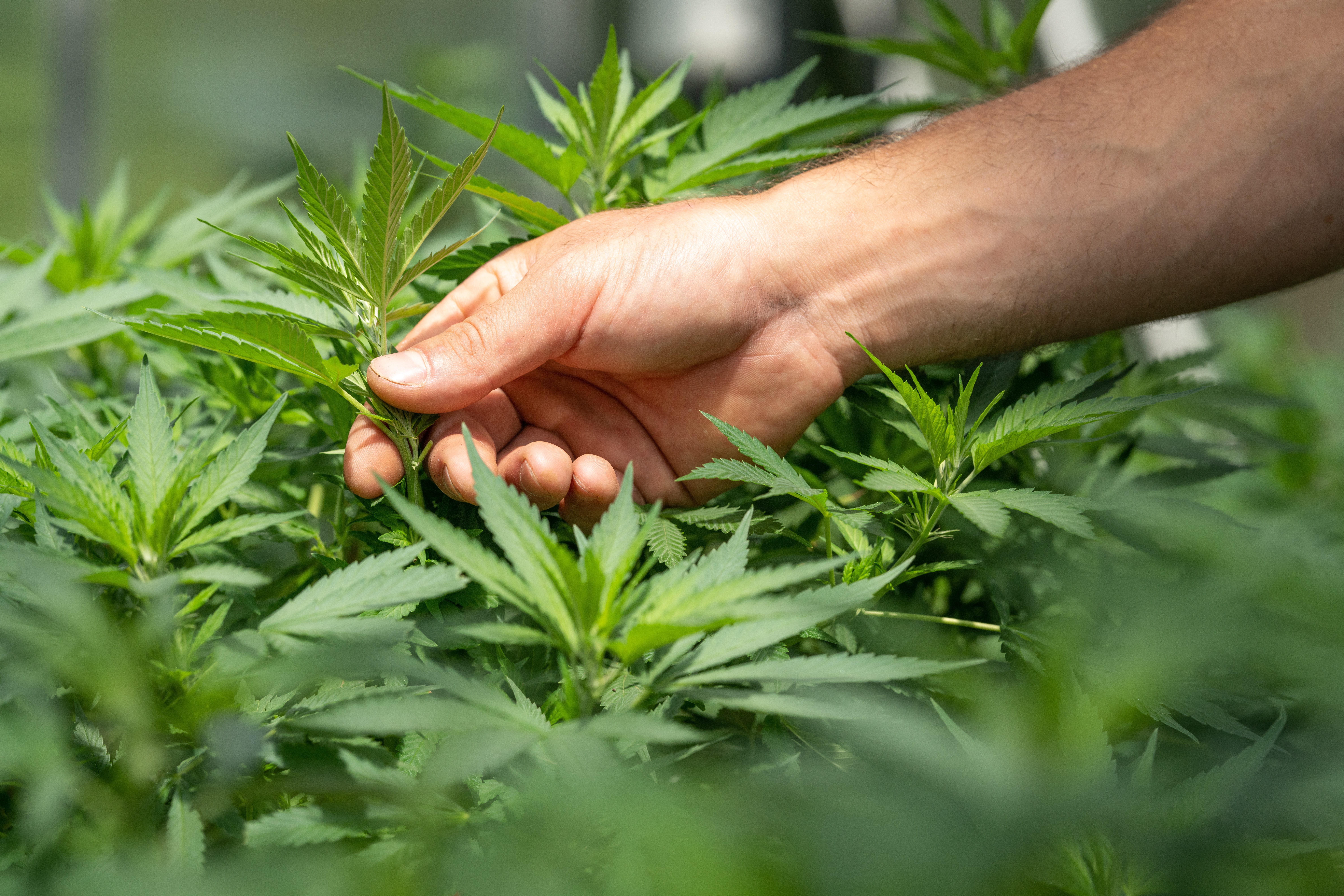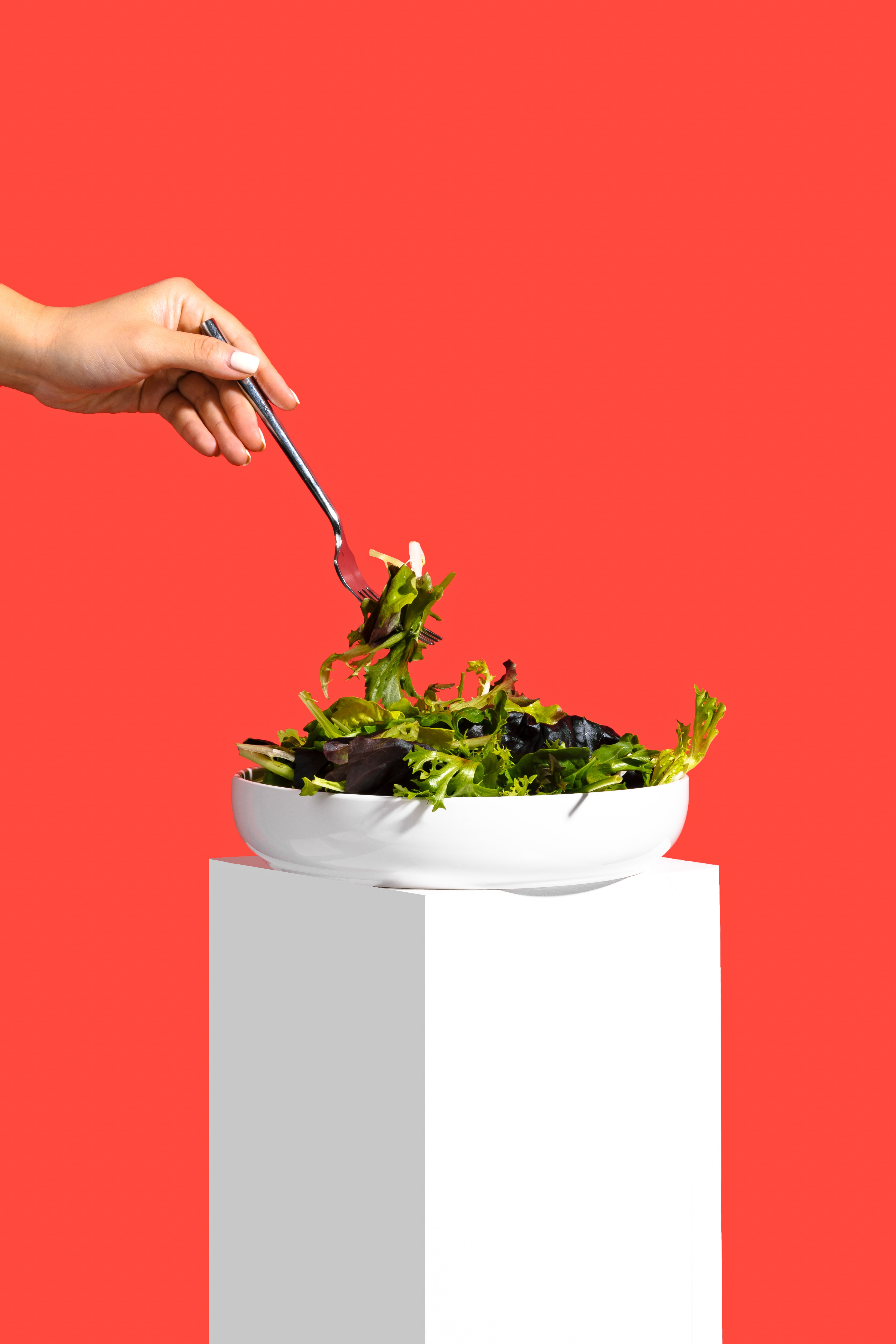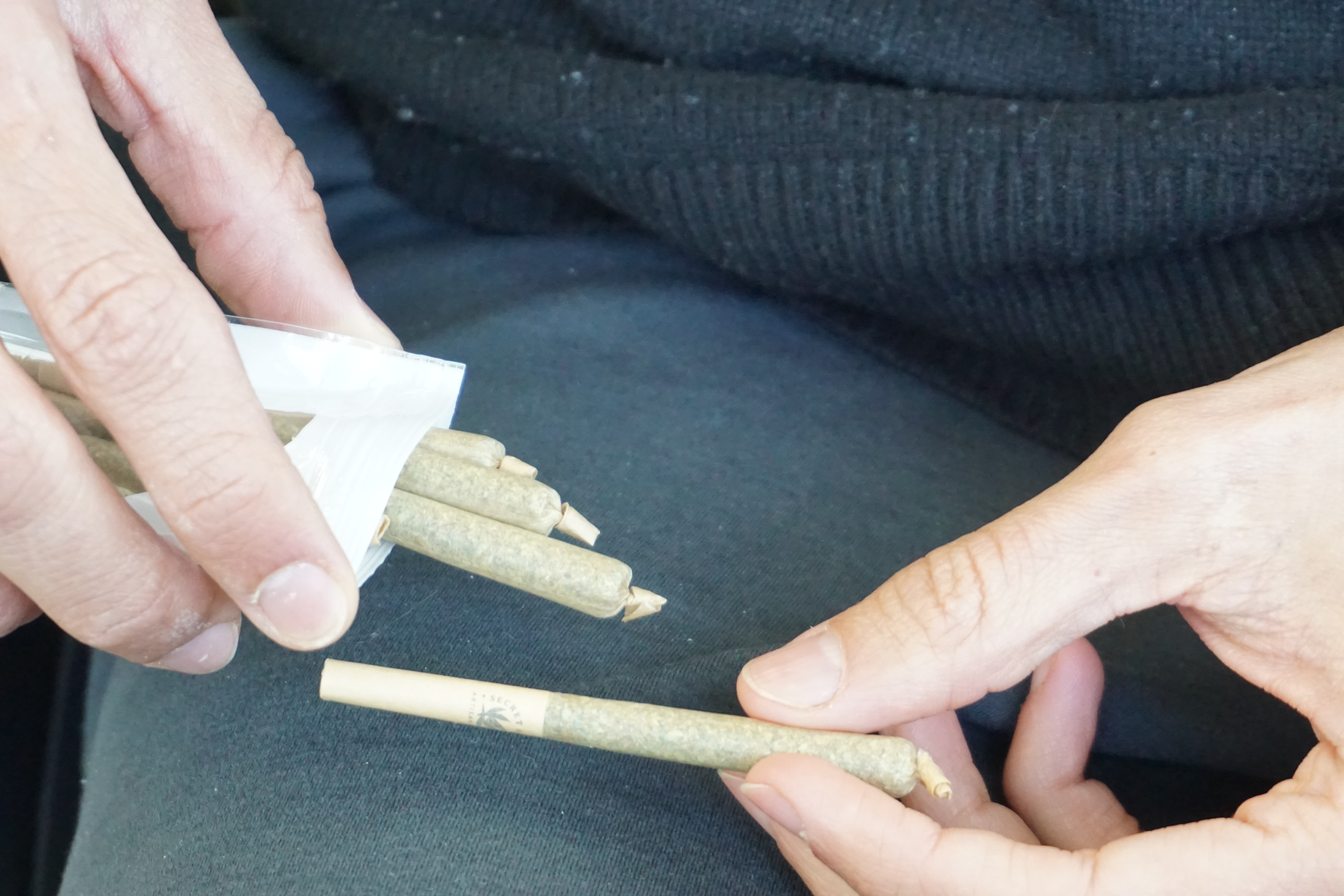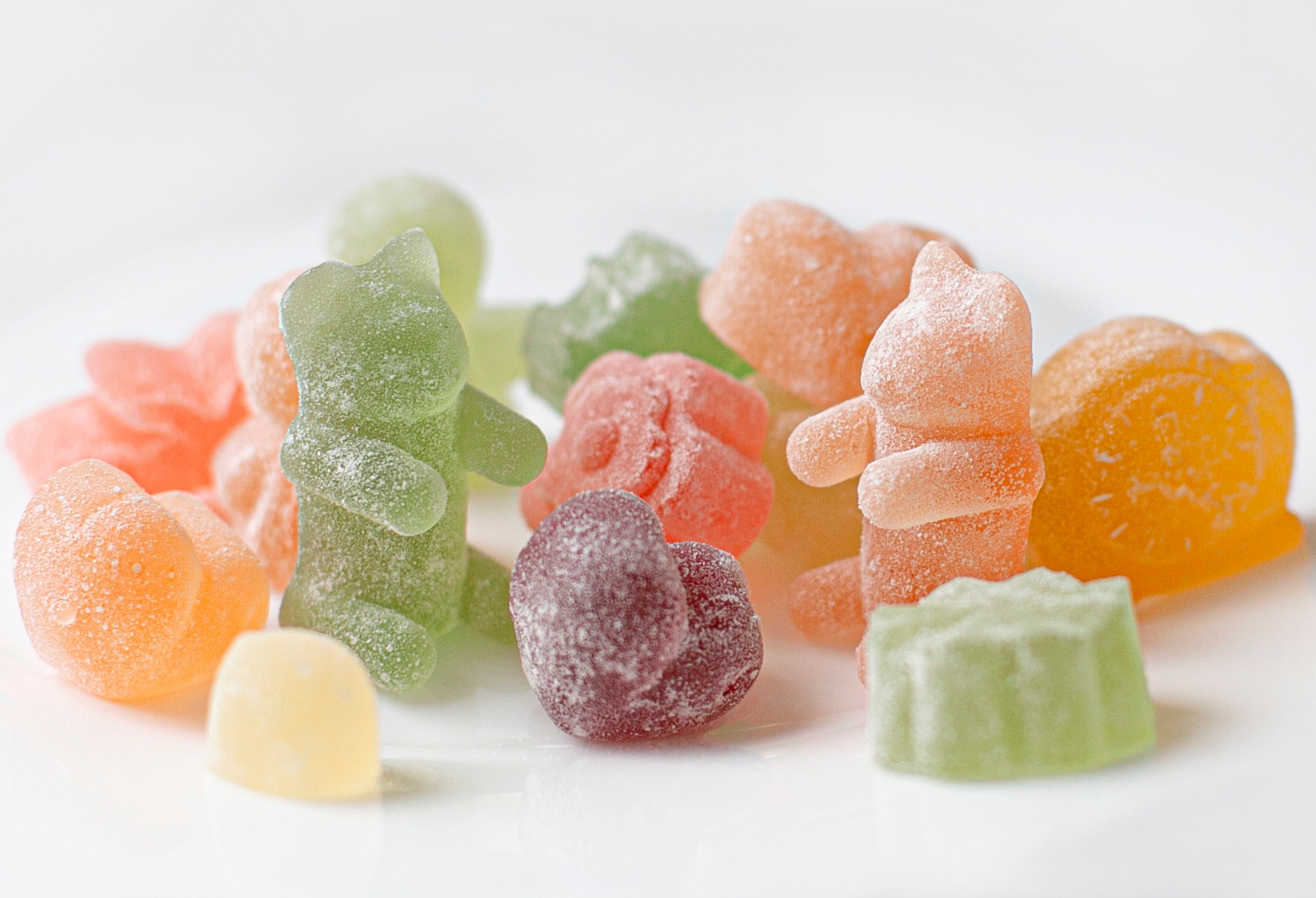There is another CBD product that is all the rage in the market, and that is water soluble CBD. Water soluble CBD has excited experts and enthusiasts alike in its possible benefits and advantages over regular CBD. But what is the fuss all about? What new things do water soluble have in store for consumers?
There is no need to delve through hundreds of articles to find out what you need to know. We did the nitty-gritty work for you and rounded up everything you need to know about water soluble CBD.
What is CBD?
Cannabidiol is one of the many active cannabinoid compounds that come from the cannabis plant. More popularly known as CBD, cannabidiol is the second most active cannabinoid produced from the cannabis plant, with the first being THC. Tetrahydrocannabinol, or THC, is responsible for the intoxicating effect of cannabis products, while CBD does not have this particular effect. Instead, CBD has a calm and relaxing effect on its consumers.
CBD and THC might come from the same plant, but they do not come from the same varietal. CBD is derived from the hemp plant. This is the reason why it doesn't have the euphoric effect that THC has. Meanwhile, THC is produced from the marijuana plant. Compared to the marijuana plant, hemp has a very high CBD content and an almost negligible amount of THC.
How is CBD made?
To understand better the significance of water-soluble CBD oil, we need first to understand how CBD is extracted from the hemp plant. In straightforward terms, a solvent is necessary to do so. Solvents are used because they make the extraction process more efficient while keeping the purity of the product.
First, the hemp is dried for easier extraction. Afterwards, a solvent is applied to the dried plant samples to extract the active compounds. There are several kinds of extraction methods used, depending on the type of solvent used. Some of them are:
- Carbon Dioxide Extraction
- Ethanol Extraction
- Hydrocarbon Extraction
- Lipid Extraction
Among these extraction processes, carbon dioxide extraction produces the most popular method for manufacturers. Plant samples are placed in a highly controlled environment. Carbon dioxide is then used to put high pressure into the dried hemp. This process is known to have 90% extraction efficiency. In simpler words, there is less waste, and more CBD produced using this method. Aside from that, the oil produced from this process is pure and highly concentrated.
One downside in using carbon dioxide extraction is the tediousness of cleaning up after each extraction. Each material used has to be sterilized and treated after each extraction, which makes it challenging to repeat extraction consistently. Aside from this, carbon dioxide extraction requires specialized training and expensive equipment.
What is Water Soluble CBD?
Now that we know how CBD is extracted from the hemp plant, we also know that after extraction its most common form is an oil. In this state, it's challenging to mix the compound in most forms of liquid. It isn't very easy to prepare CBD oil for other consumable products because it cannot mix well. Food scientists had been stumped by this challenge for years and had produced CBD solid foods until recently. Now, we even have CBD smoothies.
Biologically speaking, our bodies find it difficult to absorb CBD. As an oil, CBD is resistant to biological absorption. In turn, our body can only absorb a minimal amount of CBD. Most of the CBD oil we consume is only released by the body as waste. This is wasteful and very concerning since a consumer needs to take more CBD to get its proper effect.
Water soluble CBD is the answer to these problems.
Through a technology called nano-emulsification, CBD is broken down into very, very small particles. They are broken down into nano-sized particles. Once they are small enough, these nano-sized CBD particles are mixed with an emulsifier and carrier oil. In this form, CBD is much easier to be combined with water.
Since the body is 60 per cent water, water-soluble CBD is much easier to be absorbed by the bloodstream. Aside from the incredible ease of absorption, this also improves efficiency. There is less wastage during the consumption of the product.
Advantages of Water Soluble CBD
- High Bioavailability
When our body tries to absorb regular CBD, it can only absorb ten per cent of what you consumed. The rest of the product is released by the body as waste. With water soluble CBD, more of the product is absorbed by the body. With its high bioavailability in the body, consumers get the most out of the product.
- More Consistent Dosing
Since the body rejects most CBD in other forms, it is complicated to get the dosage right. Consumers who use CBD by vaping or pipetting often take risks whether the amount they are consuming will be absorbed by the body or not. When using CBD oil, the body doesn’t absorb the entire drop so it is not as effective as ideal. Most of the time, consumers have to finish more of the product to get the proper dose in their bodies. With water-soluble CBD, it is pretty clear cut how much CBD will get absorbed by your body.
- Very Convenient and Accessible
Since water-soluble CBD mixes very well with water, there are countless ways one could consume it. It could be combined with different kinds of drinks. You could take it as a wine, juice, or even soda. If you're a bit thrown off by the hempy taste of CBD oil, then water-soluble CBD is perfect for you. Just mix it with your favourite juice or flavour, and it will go down so much better.
- Fast Acting Effect
Aside from only absorbing a small amount, CBD oil also takes a while before it takes effect. Since fat doesn't mix well with water, our body struggles to absorb CBD oil into our bloodstream. With water soluble CBD, the product is absorbed way faster, so it also takes effect a lot quicker than regular CBD. For example, if you took 20mg of CBD oil, your body can only absorb up to 20 per cent of this 20 mg. But since water soluble oil is carried by water, our body could absorb up to 90 per cent of CBD we ingest.
Water-soluble CBD is the answer to CBD's most challenging issues. Since it exists as an oil in its stable form, CBD is complicated to mix with water. There is a limitation to how CBD could be processed into other forms.
Modern technology made it possible to break down CBD into smaller particles that are easier to infuse into other forms of liquids, like juice and other kinds of drinks. In this water-soluble form, it is also easier for the body to absorb more CBD and take effect way quicker than CBD oil. Currently, there are CBD smoothies out in the market. A major soda company has been looking into infusing CBD in one of their offerings, too.
If you want to learn more about CBD, then this article on 10 interesting facts about CBD is the perfect supplementary read for you.





